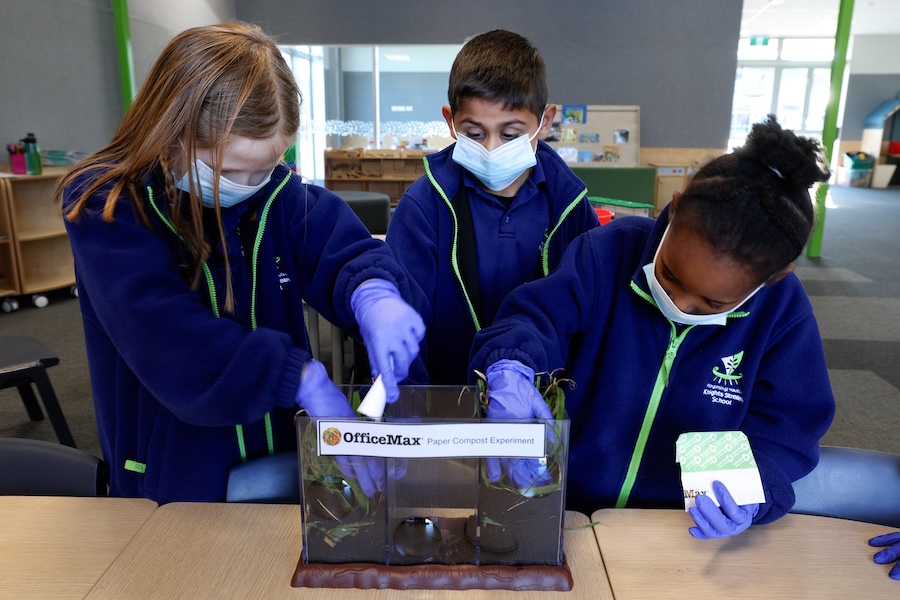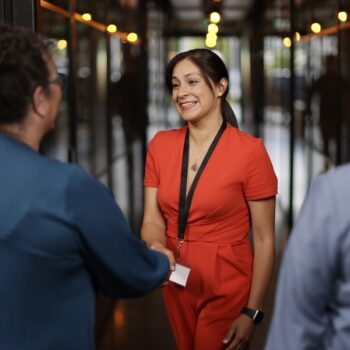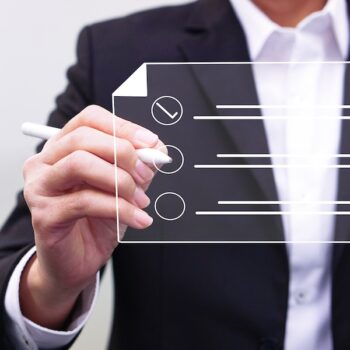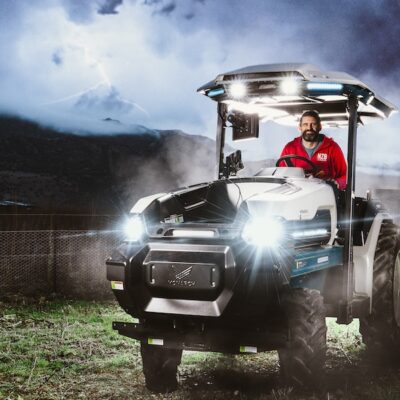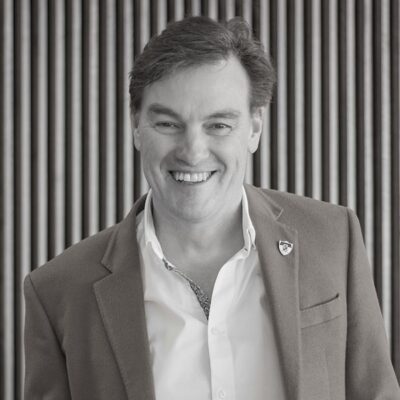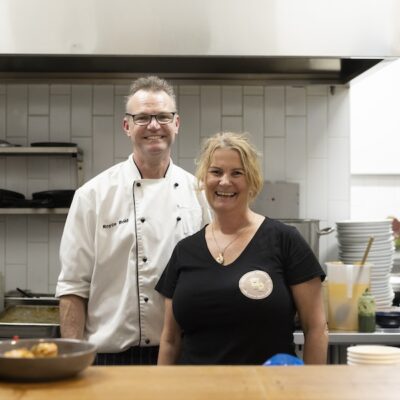Small changes, big impact: Inspiring the next generation of sustainable thinkers
Pictured above: Students from Knights Stream School partaking in the composting experiment.
OfficeMax Sustainability Advisor Andrea Topp shares how a hands-on composting experiment at Knights Stream School highlights the power of education, innovation, and waste reduction for a greener New Zealand.
When OfficeMax launched a fully recyclable paper strap for its copy paper boxes – a small change with the potential to eliminate nearly 2,000 kilometres of plastic waste annually – it sparked an idea. How could this real-world innovation inspire the next generation to tackle sustainability challenges?
Partnering with Knights Stream School in Christchurch, OfficeMax brought sustainability to life through an engaging composting experiment designed to educate Kiwi kids on waste reduction and decomposition. Here, Andrea Topp explains the importance of hands-on learning, how businesses can drive change through education, and why inspiring future innovators is key to building a more sustainable future.
Q: How did the idea for a hands-on sustainability lesson plan come about? What inspired OfficeMax to extend its waste reduction efforts into educational programmes for children?
AT: In July, we launched a fully recyclable paper strap to replace the plastic polypropylene (PP) strapping on our copy paper boxes.
With OfficeMax holding more than 45 percent of the white copy paper market, the innovation is significant. If adopted by the whole paper market, the paper strap has the potential to prevent approximately 1,930 kilometres, longer than the length of New Zealand, of plastic strapping going into landfill each year.
OfficeMax has a great relationship with schools across the country, through our MySchool platform and Max e-Grants programme. We thought this would be a great opportunity to explain and also show Kiwi kids a real-life example of how one small change can make a huge difference in terms of product waste.
Young people are our future innovators. By teaching them about sustainability and designing out waste in a way that makes sense to them, we hope to inspire them to continue the good work of finding sustainable product solutions in the future.
Q: What specific aspects of sustainability and climate change are covered in these lessons? How do you ensure that the content is both age-appropriate and impactful?
AT: Climate change is often seen as a daunting topic, so we chose to focus our lesson plan on solutions rather than just the problems. Our Educational Specialist put a lot of effort into designing a positive, action-oriented approach. We aimed to leave students feeling inspired and empower them with simple, actionable steps they can take to make a difference.
In terms of hands-on learning, we wanted to tap into what resonates with kids at primary school age – their curiosity and love for the outdoors. Since they enjoy getting their hands dirty, we thought, what better way to engage them than by having them roll up their sleeves.
The kids learnt first about waste and the importance of decomposition for the environment. Then we gave them two types of copy paper wrappers – plastic vs paper and asked them to predict which one would decompose faster and why. Overtime they were able to observe what happened and learn about the impact of plastic waste and the importance of using biodegradable materials.
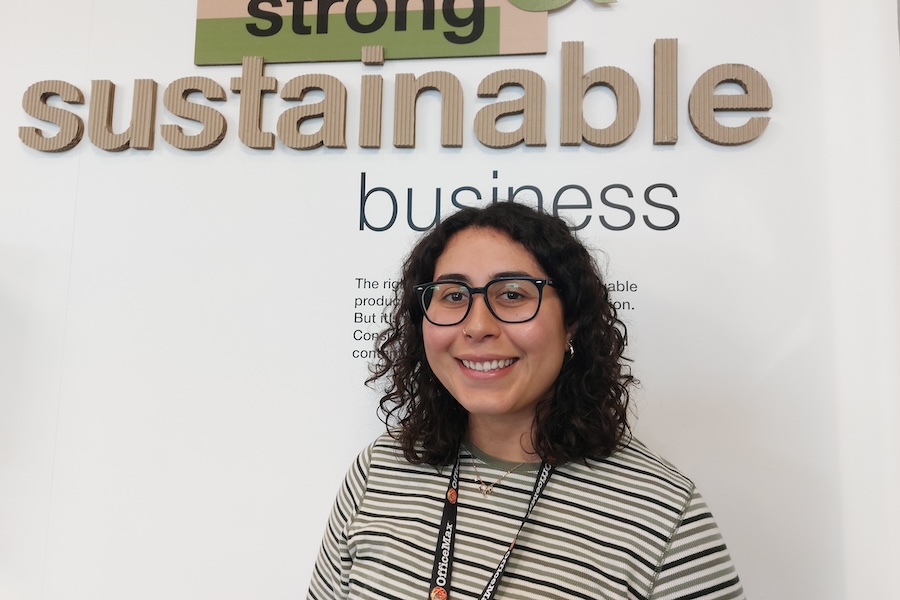
Q: In your view, what are the key benefits of teaching kids about composting, recycling, and waste management in a hands-on manner?
AT: Our specialist Education team has decades of experience working with teachers, administrators, schools and learning centres, so we know that if the lesson is fun and engaging, then the kids are more likely to take these practices home and pass on these positive habits to their whānau and friends!
Q: How has the response been from students and educators who have participated in these programmes? Are there any particularly memorable outcomes or feedback that you can share?
AT: The students loved the lesson and were really engaged, which was reassuring. What stood out to us was the level of involvement many students already had when helping to manage and reduce waste at school and home. This shows that schools and communities are already doing a great job of educating students about sustainability.
Q: Looking ahead, do you have plans to expand this type of educational programme to other schools or regions?
We designed this lesson specifically for this experiment, but if educators are wanting to learn more about the experiment and lesson plan, we can definitely work with them to find a way to apply it to their school, so they can teach their tamariki and rangatahi about sustainability.
Q: Can you start by explaining OfficeMax’s approach to designing out waste in your products? How does this philosophy integrate with your overall sustainability goals?
AT: Our customers are increasingly looking to us to take a leading position in product stewardship, and that includes addressing the environmental impacts of our products, from sourcing, packaging, right through to disposal.
Traditionally, products were sold and purchased in what is called a linear economy — it goes in a straight line from ‘making products’ to ‘using products’ to ‘throwing them away.’ We’re shifting our focus to the circular model, where more of our products can be used for longer, repurposed or recycled.
One of our strategic goals in our 2025 Sustainability Strategy is to help drive the circular economy to speed up New Zealand’s transition to a low carbon future. Designing out waste from existing products is one way we can support this.
Q: From a business perspective, what do you see as the broader impact of these educational initiatives? How do they align with OfficeMax’s corporate social responsibility objectives and brand values?
AT: We are hopeful that by teaching and passing on our knowledge to tamariki and rangatahi, more New Zealanders will seek out businesses that are creating less waste and producing longer lasting products.
We believe that each person has a part to play in looking after their communities and the natural environment that we all share. And that includes us as a company too.
Corporate social responsibility takes commitment and time – it’s a long-term investment in a much needed culture change. It’s taken us over a decade to get to where we are now, and we’re proud to say we audit our private label product suppliers around ethical supply chain practices and we have plans to audit all our product suppliers in the future. We have invested millions of dollars into our communities and people, and diverted tens of thousands of tonnes of waste away from landfill, that’s just in the last year alone.
It’s these actions that set us apart from many of our business competitors. By building awareness we’re helping customers to choose more sustainable products that align with their values.
Q: What future initiatives are in the pipeline to further promote sustainability education?
AT: We know that sustainability is not a one-time action, it’s a journey of continuous improvement and innovation. Teaching others about sustainability doesn’t just apply to youth either, it applies to those we work with on a day-to-day basis, our team members, our suppliers and our customers.
We have a few things in the pipeline, so keep an eye out, but other than that we will continue to build off our 2025 Sustainability Strategy and progress initiatives such as our Responsible Supplier Code compliance checks – which educates our suppliers and sets standards to reduce unnecessary waste and ensure our products are sourced ethically.
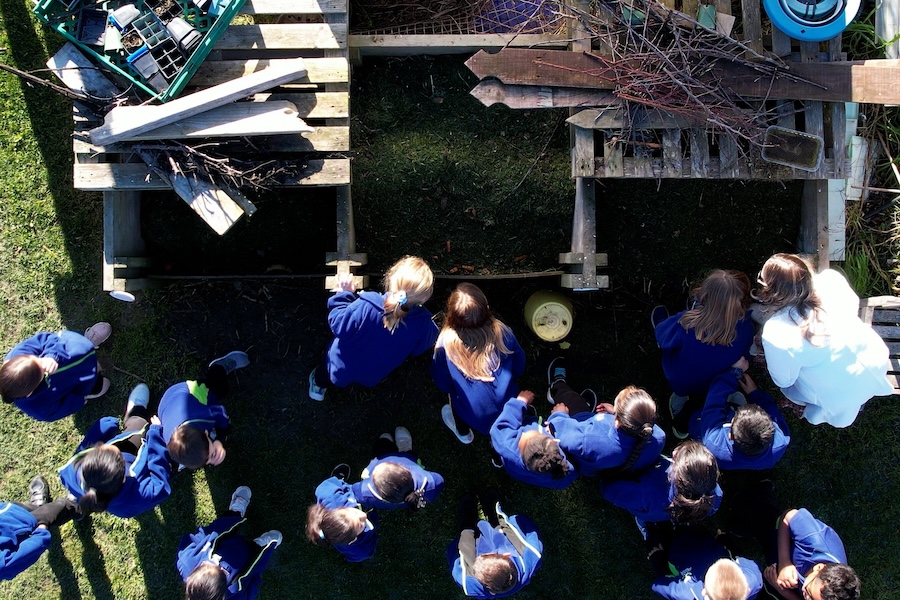
Q: How can other businesses draw inspiration from OfficeMax’s approach to integrating sustainability into both product design and educational outreach? What advice would you give them?
AT: In 2023 we diverted 83 percent of our waste from going to landfill. That’s going to feel like an impossible target if you’re a business just starting your sustainability journey.
It’s not about drastic steps and removing every single bit of waste on day one. OfficeMax has been focused on sustainability for a long time and our sustainability journey has evolved significantly over the past 13 years.
In 2011 we gained certification for the internationally recognised ISO 14001, which sets minimum standards for an organisation’s environmental management system.
In 2016 we began tracking our environmental footprint and making the necessary changes to lower our emissions, then in 2019 we published our first sustainability report. Changes that took the best part of a decade.
Our advice is to try and phase in small changes and initiatives incrementally. And if your business is able to engage the youth of today and teach them about how we can help our beautiful country transition to a low carbon future, then go for it!

